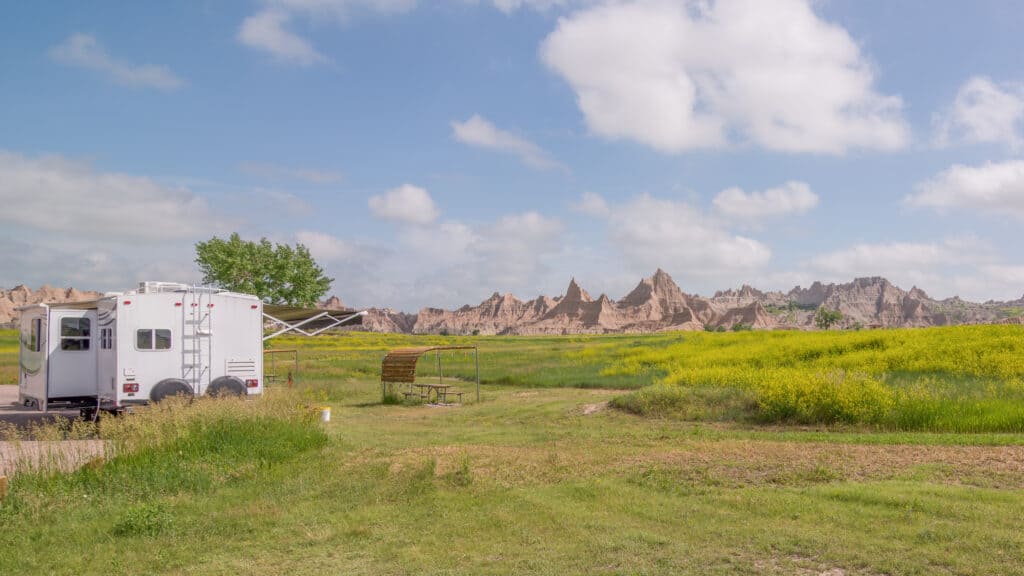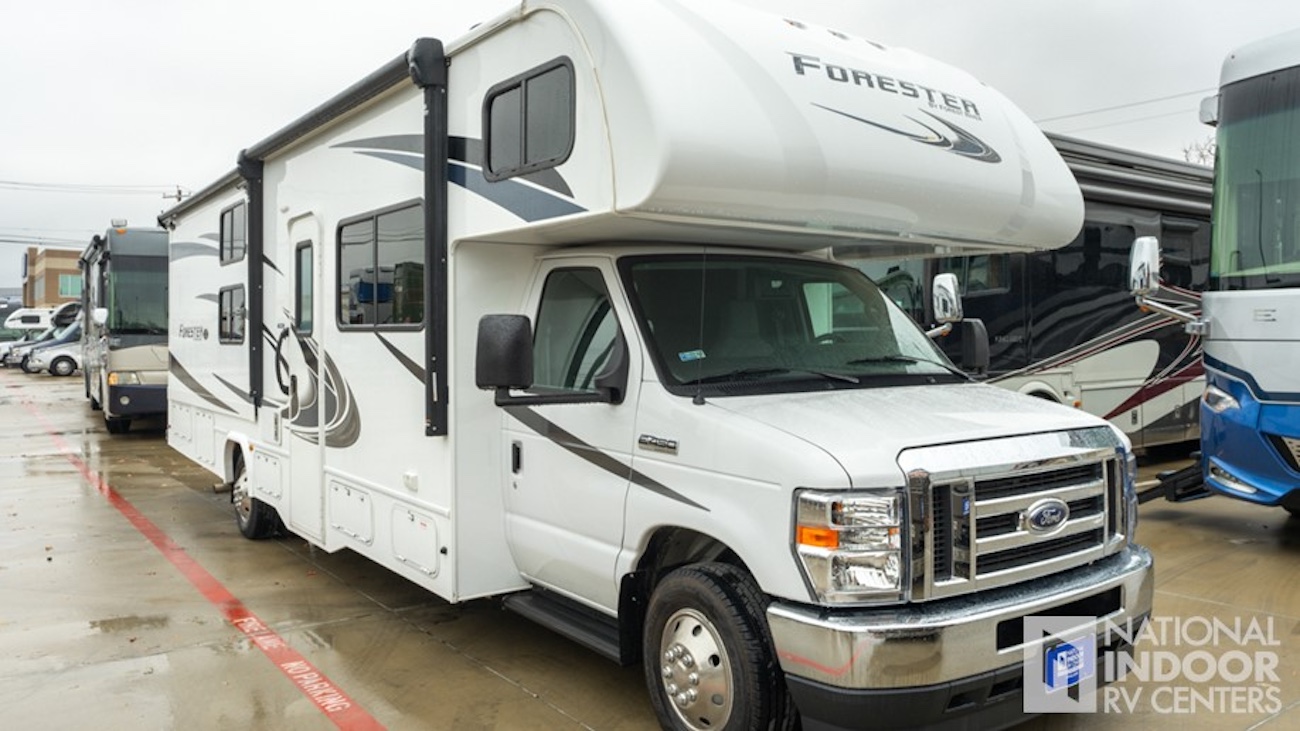
5 Tips For Making National Park Campground Reservations
This past year has caused changes in aspects of our lives that we never expected. As things begin to go back to normal, we can finally enjoy the activities we love most. Some people are looking forward to dining, others to concerts. For many of us, we’re excited to get back to camping in some of the country’s most beautiful places.
Luckily, national park campground reservations are back! These trips may not look the same as they did before, however. With new guidelines and health protocols, some booking procedures have changed. National parks are now requiring visitors to make a reservation before entering the park to ensure everyone inside is safe and in their own space.
There are ways you can start planning to make your camping reservations an even easier process.
Here are our top 5 tips for making national park campground reservations. Make the process easy and enjoyable!
1. Research ahead of time
The best tip anyone can offer when it comes to planning a trip is to start early and plan in advance.
Before deciding where you want to take a trip, do your research and see exactly what the experience will be like. Take a look at reviews left by other campers to see how they liked the park and what if offered them. See what activities are offered to make sure the national park campground offers what you are looking for.
When it comes to making campground reservations, protocols have changed over the past year. Some national parks have changed the activities they offer or even how they are spreading out their campsites. If being close to amenities is important to you, find a map of the site to make sure you pick a spot you’ll be happy in.
Before you book, do your research. Pick the campground that’s right for you. Use an RV-safe GPS like the RV LIFE App to get safe navigation to the campground based on your vehicle’s specifications.
2. Plan Like A Park Ranger
The NPS has highly recommended that visitors Plan Like A Park Ranger this camping season. Once you know where you want to book, take some additional time to research how you’ll actually need to book it.
Since the start of the pandemic, some industries are requiring additional measures for people using their facilities. National parks are included in this. Each one may have new measures you have to take before your reservation is booked.
For example, some parks are asking campers to pick a sign-in time beforehand – you may have heard of Timed Entry Passes. If this is something the campground is asking for, you should be ready to pick a time when you know you’ll be able to arrive.
On another note, some national park campgrounds require you to book your site weeks or months in advance! If this is the case for you, make sure you are online early enough before your trip to make sure you get a great spot. Once the booking window opens, be ready to make your campground reservation.
The last thing you want is to be stuck without a reservation because you didn’t book when you were supposed to.
3. Know what amenities are included
Before confirming your reservation, check out what the national park campground offers in terms of amenities to make sure you get everything you want. (Maybe more!)
Although you may think you know the campground and understand what it usually has for campers, recent health restrictions may have changed it. Just to be sure, always double-check. You do not want to rely on using their restrooms and showers on-site, only to find out they have been temporarily closed due to current restrictions.
You’ll also want to be sure that your site gives you what you need. Some national park campgrounds have size or length restrictions for RVs. If you have a long RV, make sure the campground you choose is big rig friendly.
4. Understand cancellations
One of the most important aspects of any campground reservation is to understand what happens if you need to cancel. National park campground reservations differ across campsites.
Before confirming your spot, do some research into what happens if you need to cancel your spot. What happens if you cancel a week before or even 24 hours before?
Especially in times like we have now, canceling may be more prominent than ever. If you have to change your travel plans or are delayed, you want to have options to cancel or change your campground reservation.
Most campsites are good with refund or credit policies, but you should check to make sure it will work for you. If you have to cancel, will you be comfortable taking a credit that you can use in the future?
You’ll also want to understand what action to take in case you need to cancel. No one plans on canceling, but you never know what might come up.
5. Save money with Annual Passes
While exploring your options to see what national parks are taking campground reservations, compare the prices you’ll be paying with the Annual Passes they offer, such as the America The Beautiful Pass.
Some national parks offer discounts if you are over a certain age, traveling as a family, or visiting the park multiple times within the same season. If making national park campground reservations is something you tend to do often, it may make sense to invest in a pass that will save you money along the way.
Season passes can be great for frequent campers and can offer a lot of perks along the way, such as extra amenities or activities to try. Before purchasing tickets and reserving a spot, see which parks offer discounts suited to you.
In conclusion, there are many ways in which you can have a better experience making national park campground reservations. If you research the parks, start planning early, understand the campground amenities, know the cancellation policy, and look into discount passes, you’ll save yourself time and money along the way.
Camping and RVing should be a fun experience for everyone. Make the experience relaxing by putting in a little extra effort beforehand.
For all of your camping and trip planning needs, look no further than RV LIFE Campgrounds and RV LIFE Trip Wizard. RV LIFE Campgrounds is a trusted source of campground and RV park reviews offered by camping and RV enthusiasts just like you. With its accompanying RV LIFE App, RV LIFE Trip Wizard gets you to your camping destinations utilizing RV-friendly routes specific to your RV and travel preferences.





over-booking is especially bad in places where lotteries are going on. people reserving sites 6-months ahead just in case they get lucky in drawing. if they don’t get picked they don’t cancel till last minute keeping others from making plans. I have visited parks and found 15-20% of campsites empty but reservation sites show fully occupied
I found the hardest, most frustrating time booking the busiest park,Yosemite, using 3 computers when the advance booking window opens and watching all the sites get booked ahead of me like a mad rush. Fortunately I was able to book the last site on my list of 8. This is a poor system since I’m sure others have their computers programmed to book automatically. I’m not that tech savvy. Be aware of this…,especially in the summer months.
Jennifer: I have to agree whole-hearted that campground reservations are a priority at this time. However, I also find that there are many reservations made and then the party never shows up leaving many vacant sites available at the end of the day. The problem is going to be compounded until either the old method of giving out a site becomes First Come, First Serve or else campgrounds need to start charging the full booking rate and any cancellation less than 30 days is non-refunded. Hate to be a pessimist regarding this, but have seen three campgrounds in Maine this summer booked, and then find out available sites are there, because they didn’t show and actually in several instances found out they were booked into another campground. Lynn
You should add that anyone who does makes reservations should also cancel them if they cannot make the trip – because otherwise they have tied up a site which other campers could very well use.
Unused campsites were a big problem last summer, and an even larger problem this year. Apparently many make reservations (in some cases – as many as they can, even using different names and accounts) covering many dates and even locations. Then as their time comes near they then decide if they will actually use any of them – not caring about any unused fees paid. This is particularly rude to those those campers who were not able to make reservations on-line, and for those who are more spontaneous in their travel plans.
Instead of requiring 100% reservations campgrounds should split their sites between reserved and FCFS to help accommodate all travelers.
Nice article